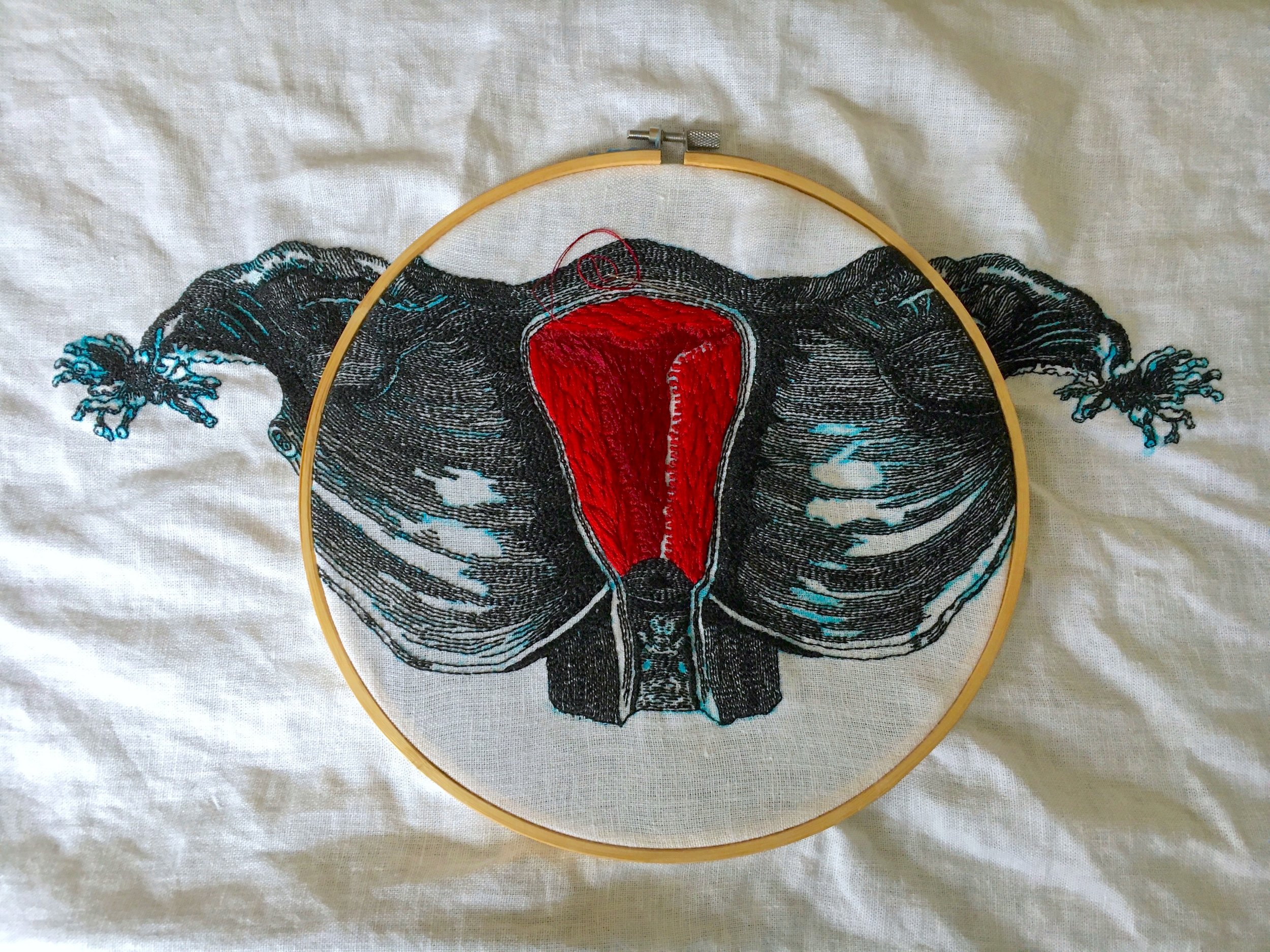
Struggle and resilience: advancing culturally competent healthcare in Nunavik
Page talks with Dr Tcholakov, who offers insights into the healthcare challenges Inuit communities of Nunavik face, and the importance of supporting community-centred care in the region.

Bacteriophages: the 100-year-old solution to AMR?
What has held phage therapy back given its vital curative potential? Zachary explains how research into these “bacteria eaters” has been hindered by Cold War rivalry and Big Pharma influence.

To our fathers and the ones that came before them
Candy reflects on the rich histories of immigrants and how they shape our futures.

The adapting definition of health
Hilary reflects on what it meant to be healthy in the 1990s and compares this with current trends.

The changing paradigm of human connections
Joson discusses how the COVID-19 pandemic has forced us to rethink our social connections as they shift from physical interactions to the virtual realm.

Is the current public health workforce fit for purpose in a digital era?
Brian discusses the progress made and challenges faced in improving the public health workforce through utilising digital health to train young professionals.

Does increased public health spending lead to better health outcomes?
Looking at US data, Kristian argues that increased public health spending doesn’t always lead to better health outcomes.

Malaria and rice cultivation in sub-Saharan Africa: a paradox redefined?
With insight from Kallista Chan’s research, Charles explores new findings in research between the relationship of malaria transmission and rice cultivation in sub-Saharan Africa.

Missing data: who cares?
Joanna explores how missing data can both invalidate research findings and exacerbate existing inequalities.

Health benefits of walkable cities
Abby Mader invites us to think of urban spaces in a different way as she explores the benefits of walkable cities.

Artist spotlight: Lia Pas
Po speaks to multidisciplinary creator-performer, Lia Pas, about textural aspects of chronic pain, slow time, and SciArt.

Maintaining human connections in the public health sphere: An interview with Dr Sunitha Srinivas
Kess Rowe speaks to Dr Sunitha Srinivas about her commitment to forging meaningful connections while advancing her degree in public health, and the importance of humility for the future generation of public health workers.

Soil to soul
Rhiannon talks about how one farm is aiming to provide a sustainable community-based model for food production in the UK.

You will overcome this: illustrations by Grace Oh
Peter sits with Grace Oh, a digital artist who uses illustration to reflect and process life’s difficulties.

The future of abortion rights in the US
As this article goes to publication, news has broke that the governor of Oklahoma has signed into law the strictest abortion ban in the country. Kristian discusses the devastating social, economic, and public health implications of abortion restrictions in lieu of leaked Supreme Court plans to permit similarly severe bans across the nation.

The cost of connections: ICT and mental health implications
New studies spell trouble for the ‘chronically online’ generation. Alyx examines current trends of rising technology dependency and weighs the psychological benefits and costs of digital connection.

COVID-19 vaccinations highlight divisions in an otherwise connected society
During the pandemic Aimee has been working as a vaccination project manager supporting in-school vaccination programmes. In her essay she highlights the disparities in uptake she encountered and how they tried to overcome them.

Dancing through medicine
Anand describes how Bollywood dancing brings his patient relationships to new heights.

Fractured nursing care: in reflection
Candy reflects on Cidália’s account of nursing care from our ‘In Focus’ issue and calls for greater action to address the issues facing the nursing profession today.

Canada must rethink its regulations on caffeinated energy drinks
Ashish explores how we can reduce caffeinated energy drink consumption among young people, arguing current marketing regulations are insufficient.
